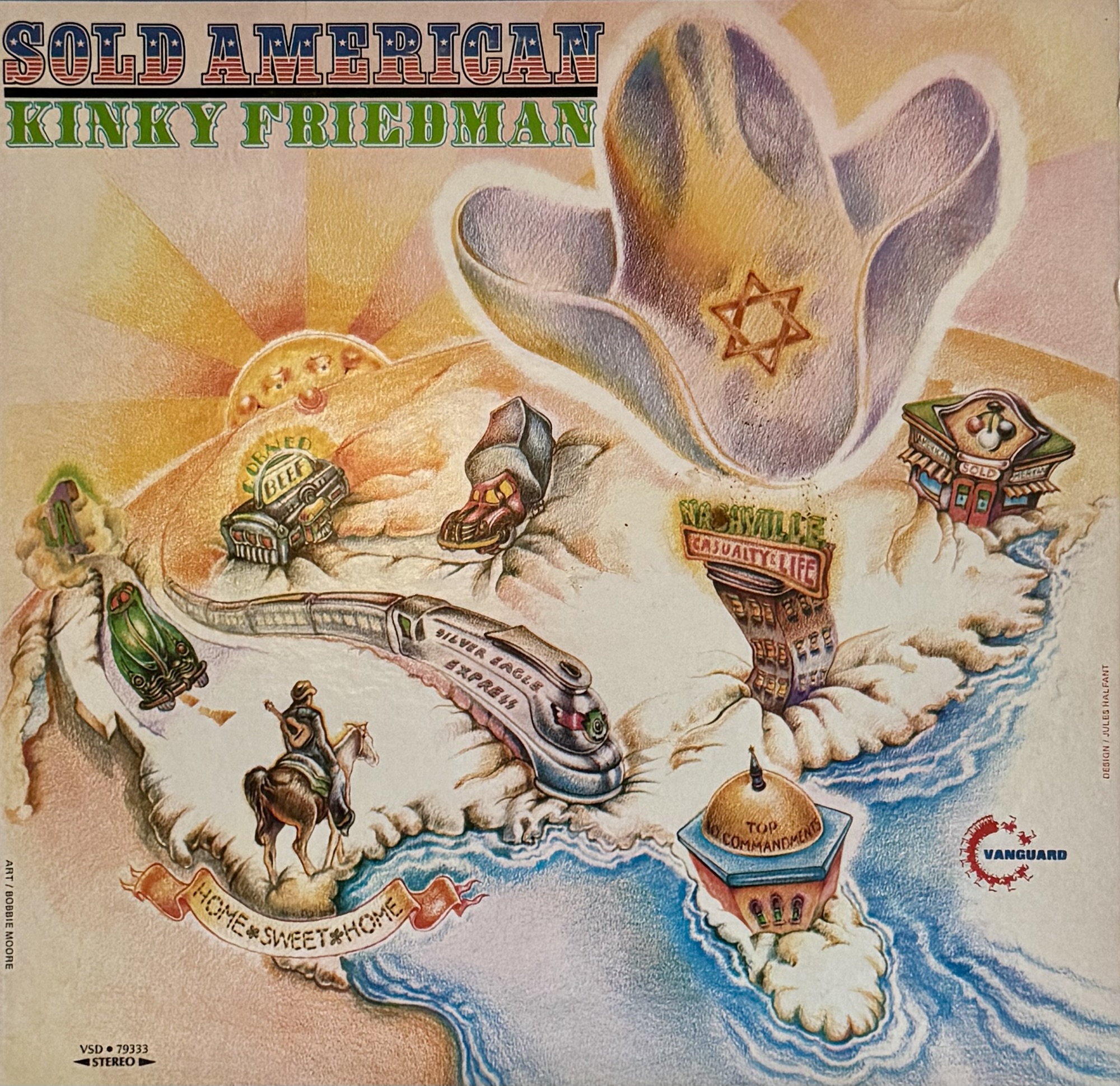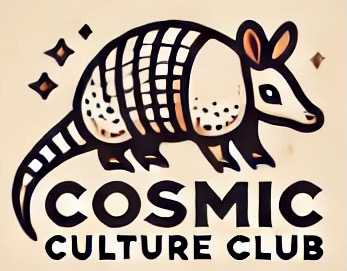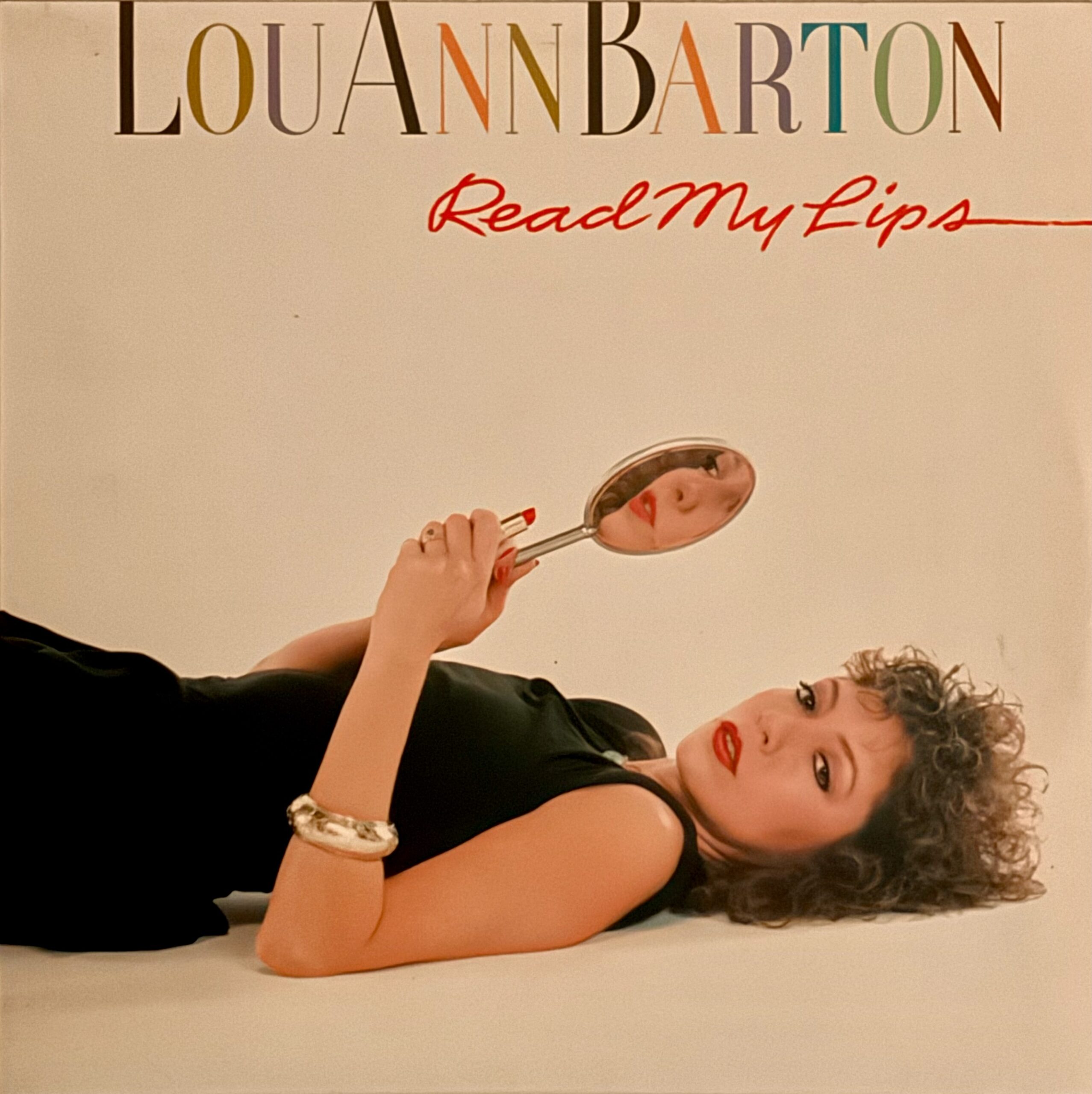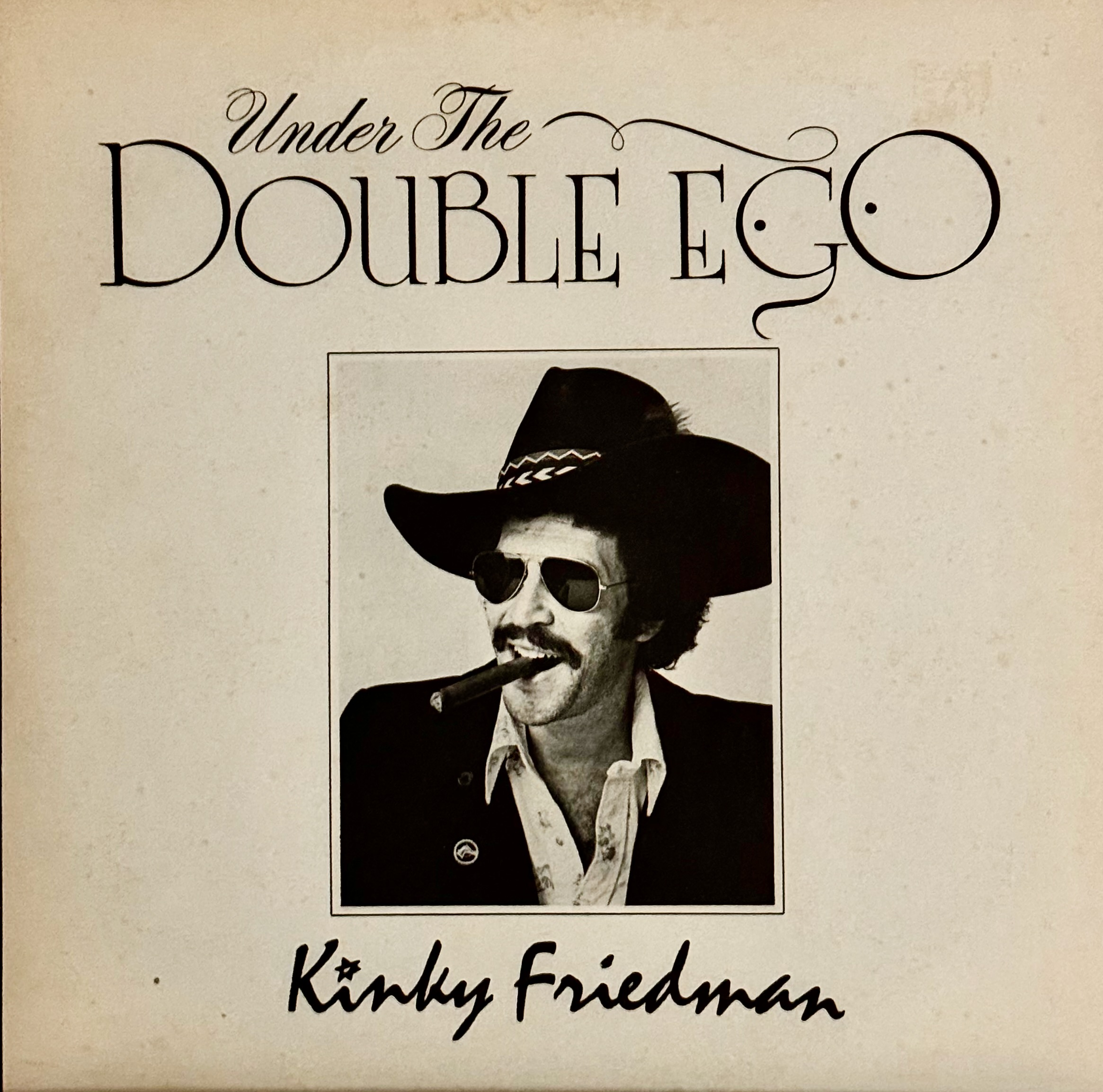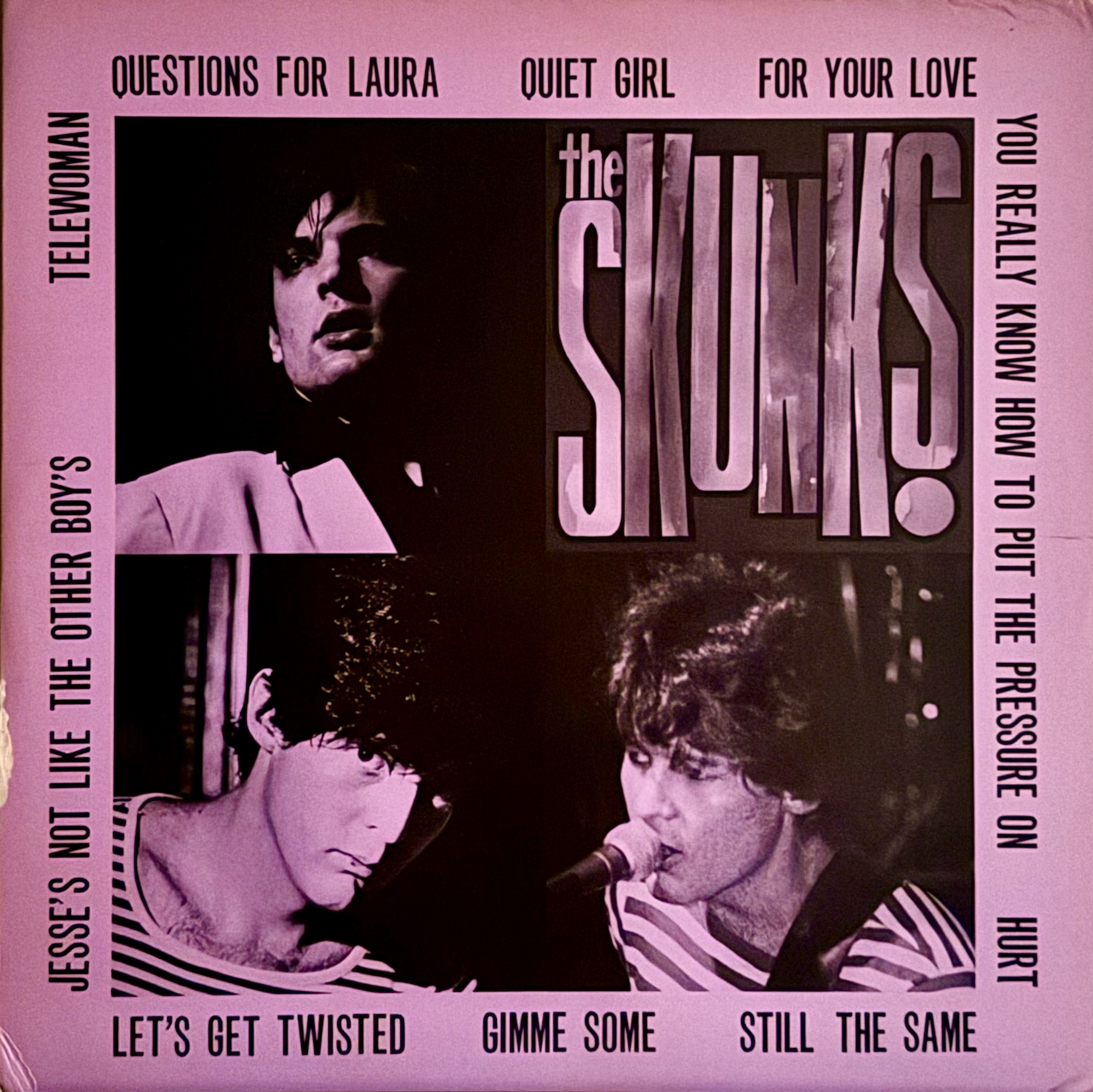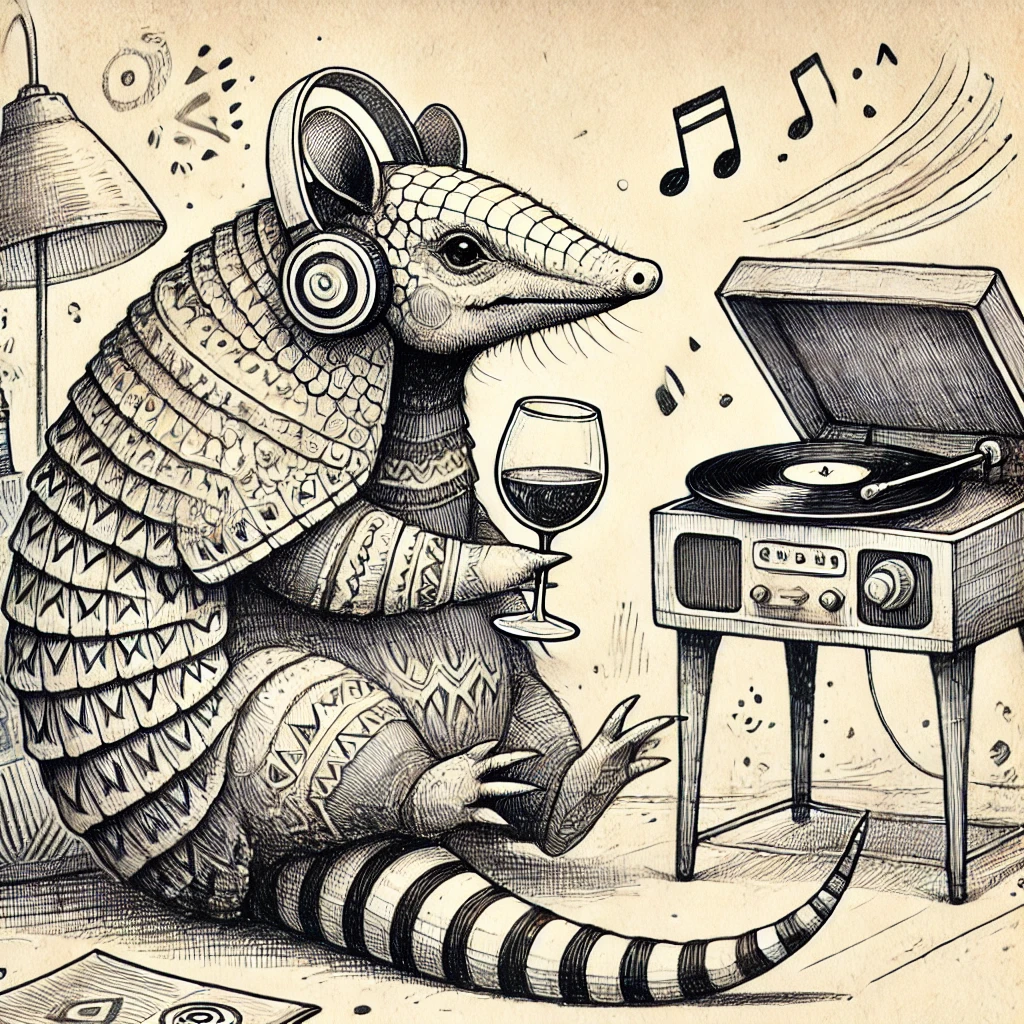Kinky Friedman & the Texas Jewboys
Album: Sold American
Released: 1973
Sold American is the definitive album of Kinky Friedman’s early musical career, and it’s full of the raucous country-folk ballads he’s remembered for. It was a controversial debut that earned him a reputation as a provocateur and started conversations all over North America. He was blazing a trail as the first Jewish country music star, yet he named his band the Texas Jewboys. His own father found that disturbing. Disc Jockeys in Austin and Nashville were fired for playing “The Ballad of Charles Joseph Whitman” (a foot-stomper that tells the true story of a mass shooter on the UT campus) and the band had a profane stage routine that saw them ousted from more than one club.
Kinky Friedman and the Texas Jewboys had a meteoric rise. After debuting at the Armadillo World Headquarters in the spring of 1973, they embarked on a national tour playing rock clubs and honky-tonks. They may be the only group that played both the Grand Ol’ Opry and Max’s Kansas City on the same tour. They could play to both audiences, but never be on home turf. ”We take pride in outraging our audiences,” Friedman once told the Washington Post—a sentiment that punk bands would embrace a decade later. “They think we’re cute though,” he added before explaining that his music was “too important to be taken seriously.”

Some people thought the group was a crude sideshow while others thought they were poets breathing fresh life into American music. Kinky Friedman thought they could be both. “You can take all the songs I’ve written seriously, and you can laugh at them all too,” he told the San Francisco Examiner. “My lyrics don’t just work on one level. An audience will decide for itself where and when I am being satirical, and that changes from night to night.” One night in Buffalo, a group of women decided “Get Your Biscuits in the Oven and Your Buns in the Bed” was not satirical, and attacked the stage with such ferocity that the band had to flee. Later in the year, the National Organization for Women “awarded” him the Male Chauvinist Pig of the Year award for the same song.
The folks who got it hailed Friedman as a genius. In his review for the Montreal Gazette Bill Mann gushed, “Friedman is going to have to endure all sorts of abuse for this album, but aren’t the truly good ones always the centre of controversy? Could Kinky Friedman become a Jewish Will Rogers?…This album is something special.” Nelson Mandela, perhaps the album’s most unexpected fan, also found it special. Someone smuggled a cassette of Sold American onto Robben Island, where Mandela listened to it every night. He was especially drawn to “Ride ‘Em Jewboy,” a heartfelt tribute to the victims of the Holocaust.
Sold American vaulted Kinky Friedman into the national consciousness and earned him a hatful of notoriety. His music was never destined for high-volume commercial success. But it earned him a dedicated following and put him in the company of artists ranging from Willie Nelson to Bob Dylan. (He joined the latter on the Rolling Thunder Revue tour in 1976.) The world was introduced to one of its most colorful inhabitants, an intellectual who was preposterous and serious at the same time. A man too important to be taken seriously.
